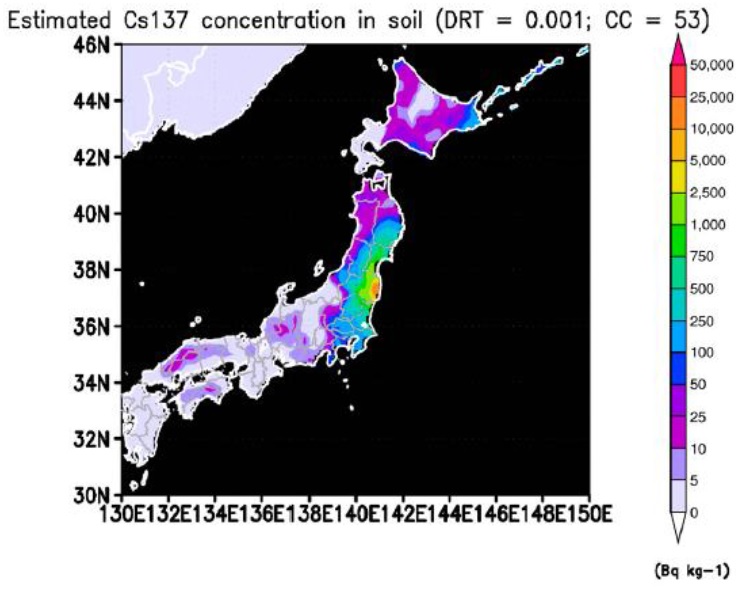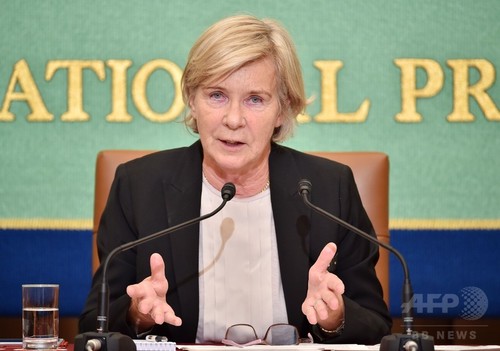Basis for the Declaration of a Nuclear Emergency:
In Japan, there is a law called the Act on Special Measures Concerning Nuclear Emergency Preparedness, which is outlined as follows:
“Considering the special characteristics of a nuclear disaster involving radiation, this is a Japanese law established to protect the lives, bodies, and property of the citizens. Motivated by the Tokai Village JCO criticality accident on September 30, 1999, it was enacted on December 17, 1999. Particularly, when the Prime Minister issues a nuclear emergency declaration, all authority is concentrated in the Prime Minister, who can directly command not only the government but also local governments and nuclear operators, enabling actions such as disaster prevention and evacuation.” (Source: Wikipedia)
When a nuclear emergency declaration is issued, full authority is delegated to the Prime Minister, with the sole purpose of protecting the lives and property of the citizens.
Following the occurrence of the Fukushima nuclear accident, a nuclear emergency declaration was issued on March 11, 2011.
Excerpts from the Chief Cabinet Secretary’s press announcement are provided below:
“We have convened the Nuclear Safety Measures Headquarters, and today at 4:36 PM, an event falling under Article 15, Paragraph 1, Item 2 of the Act on Special Measures Concerning Nuclear Emergency Preparedness occurred at the Tokyo Electric Power Fukushima Daiichi Nuclear Power Station. Recognizing the need to implement emergency measures to prevent the expansion of a nuclear disaster, the nuclear emergency declaration was issued based on the provisions of the said article.”
- Cutting off assistance to evacuees, forcing them to return to areas with high radiation levels.
- Inadequate measurement of radioactive contamination levels, deliberately underreporting the values.
- Narrowing the scope of health surveys to downplay health damage caused by radiation exposure.
- Allowing health surveys and diagnoses only at specific medical institutions and not informing the results to the residents.
- Bidding for the Tokyo Olympics.
- Using Fukushima Prefecture’s agricultural products in school lunches within the prefecture, appealing to their “safety.”
- Permitting corporate entry and new school establishments in contaminated areas.
- No punishment for individuals from the nuclear village, such as Tokyo Electric Power, with compensation costs borne by the public.
- Despite the lack of safety confirmation and the absence of established methods for processing and managing radioactive waste, attempting to restart nuclear power plants nationwide.
- Planning for the construction and export of new nuclear power plants.
- And various other actions…
Summary and Conclusion:
I will repeat once again that we are currently under a nuclear emergency declaration.
However, taking advantage of the fact that many citizens seem to have forgotten, there is a deliberate effort to portray normalcy.
The media also does not point out that we are in a state of emergency.
Moreover, then-Prime Minister Abe, exploiting the concentration of power in himself, ignored the principle of keeping annual exposure below 1 millisievert.
What he did was a policy to repatriate evacuees to areas with an annual exposure of 20 millisieverts or over.
Has he lost touch with human compassion?
Quoting from the disaster preparedness page of the Prime Minister’s Office, “International Standards for Protecting People from Radiation”:
“In normal times, protective measures are planned to ensure that exposure with the potential to cause physical impairment is absolutely prevented. Furthermore, the purpose of radiation protection is to ‘minimize the increase in the risk of future cancer as much as possible.’ Therefore, by managing places dealing with radiation and radioactive isotopes, the exposure of the general public is kept below 1 millisievert per year (public dose limit).”
(Note: The value of 1 millisievert per year or less is a figure provided by the International Commission on Radiological Protection (ICRP), an organization promoting nuclear energy, so it is advisable not to blindly trust its safety. Zero exposure is the ultimate goal.)
Conclusion:
The ruling party, the Liberal Democratic Party, does not have the intention to protect the lives and property of the citizens.
An expedited change in government is the correct judgment as voters.


